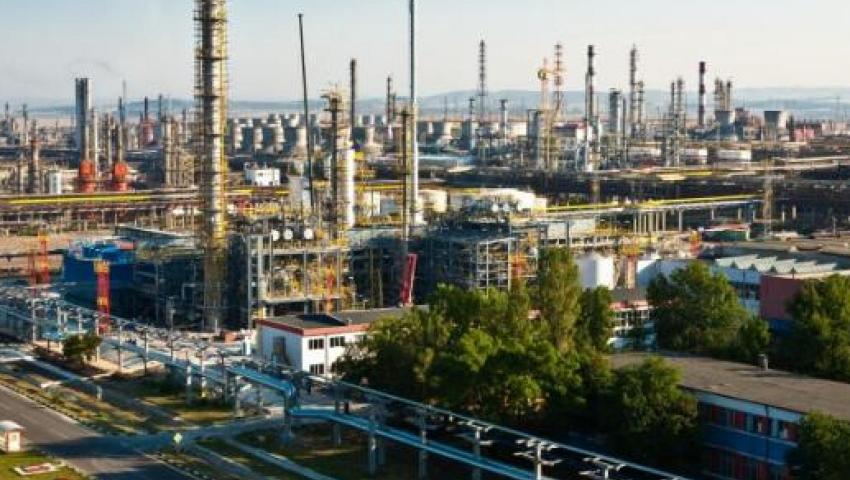Government: Ban on export of petroleum products from Russian oil from March 2023

The export of oil products from the oil refinery Lukoil Neftohim Burgas (the refinery) should be suspended on March 5, 2023. This is clear from the decision of the caretaker government. As is known, the European embargo on the transfer of Russian oil by sea came into force on December 5, for which our country received a derogation. From February 5, however, the embargo on the export of oil products comes into force, which is aligned with the delivery period of a month later.
"The Council of Ministers adopted a decision approving the provision of the possibility for the Republic of Bulgaria to apply the special derogation from Article 3m, paragraphs 1 and 2 of Council Regulation (EU) 833/2014 on restrictive measures in view of Russia's actions destabilizing the situation in Ukraine ", the government said in a statement.
"The decision of the Cabinet authorizes the execution in the period from December 5, 2022 to December 31, 2024 of contracts concluded before June 4, 2022 or of additional contracts necessary for the execution of such contracts, for the purchase, import or transfer of crude oil transported by sea and of petroleum products listed in Annex XXV of Council Regulation (EU) 833/2014 concerning restrictive measures in view of the actions of Russia destabilizing the situation in Ukraine, originating in Russia or exported from Russia, in accordance with Article 3m, paragraph 5 of the European Regulation.
The decision also prohibits the sale to buyers located in another member state or in a third country of petroleum products produced from crude oil transported by sea originating in Russia or exported from Russia under CN codes 2710, with the exception of petroleum products specified in the annex to the decision of the Council of Ministers, as well as in cases of ship loading. The ban comes into effect on March 5, 2023.
The government decision also repeals RMS No. 569 of 2022 for the implementation of Regulation (EU) 2022/879 of June 3, 2022 amending Regulation (EU) 833/2014 and for taking measures to lower prices of fuels for citizens and economic operators," the Council of Ministers stated.
The Bulgarian side is trying to get consent from Brussels for the export of processed oil products from the refinery, which have no application and are prohibited for EU countries, to third countries. However, there is currently no such permission. In practice, the derogation obtained by the Bulgarian government has a huge gap, since it only concerns the transfer of Russian oil by sea, coming into force on December 5, but not the second part, concerning the production and marketing of petroleum products. This puts the operation of the refinery in question. Regardless of whether the state will exercise some control and intervene in its operational activity in practice after February 5, the work of "Lukoil Neftohim Burgas" remains questionable and more likely, given the current situation and statements, is its suspension, commented an expert who wished to his name is not mentioned. According to him, there are gaps in the European regulation that will benefit the shadow sector of the economy, and the legal import of the production that will no longer leave the Bulgarian refinery will raise the price of fuel. In response to a question about nationalization using the example of the Italian refinery ISAB, he pointed out that there is a huge difference.
Meanwhile, earlier today it became clear that parliamentary parties such as DPS and Democratic Bulgaria have projects for the operation of the refinery under the conditions of nationalization.
